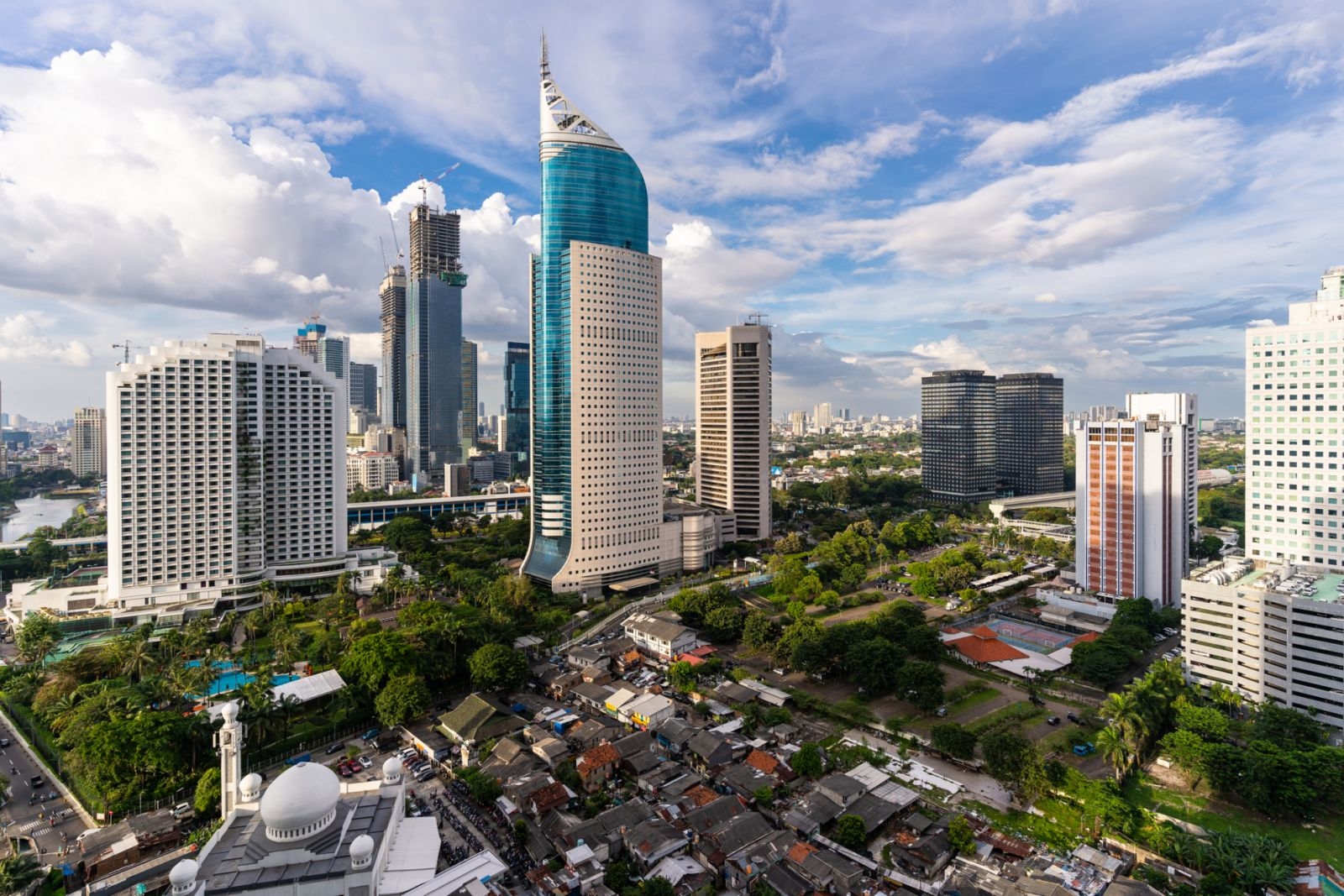Jakarta’s Tech Boom: The City’s Startup Ecosystem
Jakarta, the bustling capital of Indonesia, is rapidly emerging as a significant player in the global tech scene. With a population of over 10 million people and a growing middle class, the city is ripe with opportunities for innovation and entrepreneurship. This tech boom is not just a fleeting trend; it’s a transformative movement reshaping Jakarta’s economic landscape. For those interested in understanding how Jakarta is becoming a tech hub, this guide provides practical insights into the city’s startup ecosystem.
The Rise of Jakarta’s Startup Scene
Jakarta’s startup scene has been gaining momentum over the past decade, driven by a combination of factors. The city’s young, tech-savvy population is eager to embrace new technologies and digital solutions. This demographic shift has created a fertile ground for startups to flourish, particularly in sectors like e-commerce, fintech, and ride-hailing services.
Government support has also played a crucial role in nurturing the startup ecosystem. Initiatives such as the “100 Smart Cities” program and the establishment of tech-focused business incubators have provided startups with the resources and infrastructure needed to grow. Additionally, Jakarta’s strategic location in Southeast Asia makes it an attractive destination for international investors looking to tap into the region’s burgeoning digital economy.
Key Players and Sectors
Several key players are driving Jakarta’s tech boom, including both homegrown startups and international companies. Notable local startups like Gojek, Tokopedia, and Bukalapak have achieved unicorn status, demonstrating the potential for success in Jakarta’s tech ecosystem. These companies have not only disrupted traditional industries but have also paved the way for new entrants to innovate and compete.
The fintech sector is particularly vibrant, with startups offering solutions ranging from digital payments to peer-to-peer lending. This growth is fueled by Indonesia’s large unbanked population, which presents a significant opportunity for financial inclusion through technology. E-commerce is another thriving sector, as more Indonesians turn to online shopping for convenience and variety.
Challenges and Opportunities
While Jakarta’s tech boom presents numerous opportunities, it also comes with its share of challenges. Infrastructure remains a significant hurdle, with traffic congestion and limited public transportation options posing logistical issues for businesses. Additionally, regulatory hurdles and bureaucratic red tape can slow down the process of starting and scaling a business.
However, these challenges also present opportunities for innovation. Startups that can develop solutions to address these infrastructure and regulatory issues stand to gain a competitive edge. Moreover, the Indonesian government’s ongoing efforts to improve the business environment and attract foreign investment are likely to create a more conducive atmosphere for startups in the future.
In conclusion, Jakarta’s tech boom is a testament to the city’s potential as a leading startup hub in Southeast Asia. With a dynamic ecosystem supported by a young population, government initiatives, and a growing pool of investors, Jakarta is well-positioned to continue its upward trajectory in the tech world. For entrepreneurs and investors alike, the city offers a wealth of opportunities to explore and capitalize on.
